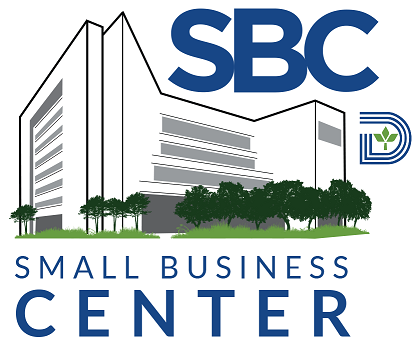Traditionally agriculture is a rural endeavor with the average farm size in Texas of 532 acres. While current agriculture trends show farm sizes growing and the number of farms shrinking, the number of ‘small’ farms is growing with urban and suburban farming programs and opportunities expanding.
Have you thought about farming?
The US Department of Agriculture offers some important considerations prior to getting started as well as an online urban agriculture toolkit. To start any farm whether, rural or urban, there are some basic business guidelines to follow for effective farm business planning.
But, knowing local regulations, zoning and perspective is a key part of researching feasibility, and the Dallas Coalition for Hunger Solutions has guides available online to help with getting started in the Dallas urban farming scene.
The basic steps as laid out by the Urban Agriculture Action Team’s Getting Started Guide include:
1. Identify the land for urban agriculture including ownership
2. Obtain permission to use the land if you are not the owner
3. Find the current zoning for that land
4. Determine structure and potential obstacles for type of agricultural activities you plan to start, based on zoning
5. Test soil for contamination, clean or amend soil if applicable
6. Is there a water source, apply for a water meter or have water meter turned on, if applicable
7. Install fencing
8. Grow!
As noted above, it is important to devote time to planning and researching the possible soil contamination issues. Soil contamination from previous owners and businesses can linger in the soil long after the time of impact. Those who are working in contaminated soil can be exposed to harmful compounds by accidentally inhaling and ingesting it in addition to produce absorbing contaminants into the edible parts of the plants.
Legalities of Farming
Like any other business, a registered name is necessary though many farmers choose to use an ‘assumed name’ for their business instead of using their real names. Legal structure for a farm is important to establish after consulting a qualified attorney and/or accountant that will be able to fully inform you on all the potential tax and legal liabilities as well as associated costs and planning required. Check out a previous post on trademarking basics or search for specific law information as it relates to agriculture through the National Agricultural Law Center. The SMU Law School Clinic and the Dallas Bar Association offer consultations with attorneys for individuals who cannot otherwise afford private counsel.
Do you have a green thumb?
The Dallas Public Library has a Seed Library where locals can check seeds out or contribute their harvested seeds to! The Seed Library located on the 6th floor of the J. Erik Jonsson Central Library aims to be a place where local gardeners can go to build community, exchange ideas and share diverse seed varieties of vegetables, herbs and flowers.
And if you are ready to take the next step towards starting a farm, check out the Dallas B.R.A.I.N. Learning Center for how to start your business or contact us to connect you with one of our partners.



